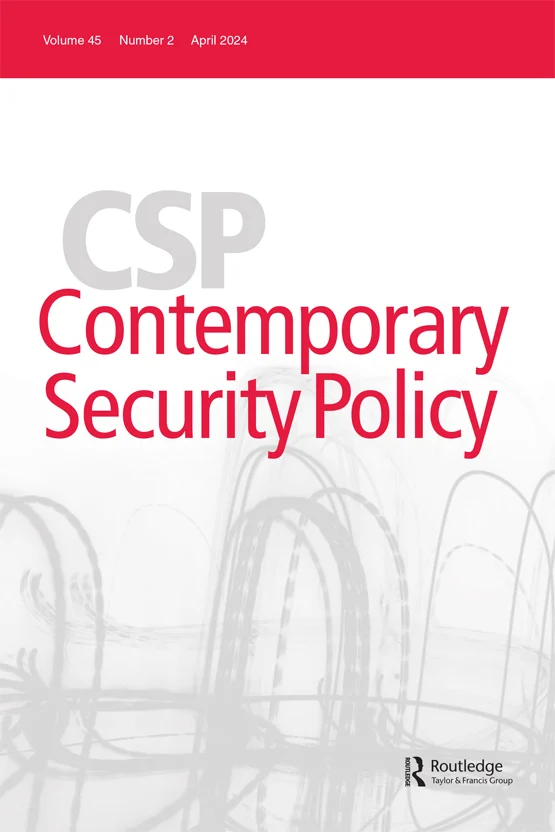《国际卫生条例》、新冠肺炎和边境实践:谁进来,什么出去,谁获救?
IF 5
1区 社会学
Q1 INTERNATIONAL RELATIONS
引用次数: 44
摘要
摘要人们常说“疾病无国界”,但新冠肺炎再次表明,政策应对确实如此。各国政府以各种方式实施边境做法,以确保本国公民得到保护,即使直接违反2005年《国际卫生条例》。《国际卫生条例》和世界卫生组织(世界卫生组织)强烈主张保持边境开放。然而,我们在这里认为,世界卫生组织成员国的不遵守并不是国际卫生条例处理边界的唯一问题。我们从关键的边界研究中获得见解,探索应对新冠肺炎危机的各种方式,认为鉴于我们发现的大部分排斥性边界都发生在远离实际入境点的地方,《国际卫生条例》和世界卫生组织需要对“边界”有更广泛的理解。本文章由计算机程序翻译,如有差异,请以英文原文为准。
The International Health Regulations, COVID-19, and bordering practices: Who gets in, what gets out, and who gets rescued?
ABSTRACT It is often said that “diseases know no borders,” but COVID-19 has once again shown that policy responses certainly do. Governments have implemented bordering practices in a variety of ways to ensure that their own citizens are protected, even when in direct contravention to the International Health Regulations (IHR) of 2005. The IHR and the World Health Organization (WHO) have a strong preference for borders to remain open. Yet, we argue here, non-compliance by WHO member states is not the only problem with the IHR's treatment of borders. Bringing insights from critical border studies and exploring the varied ways in which the response to the COVID-19 crisis has been “bordered,” we argue that a much broader understanding of “borders” is required in the IHR and by the WHO, given that much of the exclusionary bordering we find takes place away from physical points of entry.
求助全文
通过发布文献求助,成功后即可免费获取论文全文。
去求助
来源期刊

Contemporary Security Policy
Multiple-
CiteScore
14.60
自引率
6.80%
发文量
22
期刊介绍:
One of the oldest peer-reviewed journals in international conflict and security, Contemporary Security Policy promotes theoretically-based research on policy problems of armed conflict, intervention and conflict resolution. Since it first appeared in 1980, CSP has established its unique place as a meeting ground for research at the nexus of theory and policy.
Spanning the gap between academic and policy approaches, CSP offers policy analysts a place to pursue fundamental issues, and academic writers a venue for addressing policy. Major fields of concern include:
War and armed conflict
Peacekeeping
Conflict resolution
Arms control and disarmament
Defense policy
Strategic culture
International institutions.
CSP is committed to a broad range of intellectual perspectives. Articles promote new analytical approaches, iconoclastic interpretations and previously overlooked perspectives. Its pages encourage novel contributions and outlooks, not particular methodologies or policy goals. Its geographical scope is worldwide and includes security challenges in Europe, Africa, the Middle-East and Asia. Authors are encouraged to examine established priorities in innovative ways and to apply traditional methods to new problems.
 求助内容:
求助内容: 应助结果提醒方式:
应助结果提醒方式:


